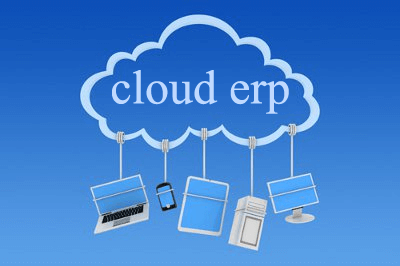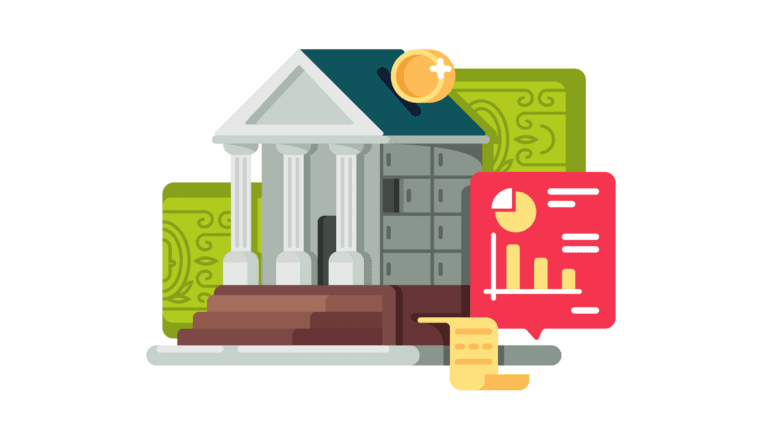In business, there are so many things to consider, such as finance, accounting, human resource, manufacturing, and so on. Though there is traditional ERP software available in the market, the dynamics in the business world are changing. As such, using traditional ERP is not enough to meet the current and future challenges. Now, businesses need something extra that can handle increasing complexities of corporate fabric and provide business intelligence, useful insights, and in-depth analytics.
If you are still using traditional ERP software for your business, it’s the right time to know whether you should invest in cloud ERP or not.

To help you decide, here we are sharing some of the factors that indicate the necessity of integrating cloud ERP in the business processes.
-
Increasing business needs
Are the needs of your business increasing? Do you want your resources to scale and manage according to your business needs? Are you set to handle the sudden change in business demands? When a business’s demands and needs keep expanding and shrinking, it is hard to manage different departments simultaneously. If the same thing is happening with your business, this is the moment when you should replace your traditional ERP with cloud ERP to increase efficiency and better manage your resources.
-
Inefficient reporting
Are all your reports messed up, disorganized, and lack proper facts and insights? Business Intelligence is a must factor for real-time analytics and generating deep insights to make crucial business decisions. Many companies still use old ways to manage their finance, human resource, budgeting, and other processes. That is a problem in itself. Businesses need to change their ways if they want to stay afloat in the market and stay ahead of their competitors. A cloud-based ERP system will help you manage accurate reporting via cross-department data and real-time visibility of the process status.
-
No improvement in results
Implementing an ERP software system is advantageous to handle functions of various departments and therefore, most businesses choose to stick with the same system. However, getting the same or just satisfactory results is not beneficial as there is no growth. When you don’t grow further, you should start looking for the right ERP application that allows you to perform predictive data analysis to increase competitiveness across the industry. A cloud ERP allows access to a centralized database through mobile-friendly applications anytime, anywhere. It is flexible, reliable, configurable, and can be personalized to meet the unique business needs.
Adopting the latest technologies and software is one of the top ways through which businesses can beat their rivals and competitors. So, be the one and stay updated.
-
Increasing Maintenance Cost
When your business starts draining too much money on maintaining your own hosting, it’s the best time that you start looking for cloud ERP and hosting services to avoid all the upfront costs. A cloud-based ERP is mainly based on the server location, the number of users, application types going to run on the server, and customization levels. With cloud-based software, costs of licenses, integration, and inevitable consultants dramatically reduced or even get eliminated. All you need is to just pay a monthly fee. This way, you can transform significant capital expenditure into predictable expenses.
So, start noticing signs and switch to cloud ERP solutions if you want to reduce upfront costs, increase productivity, improve delivery timeline, and boost efficiency in your business.






